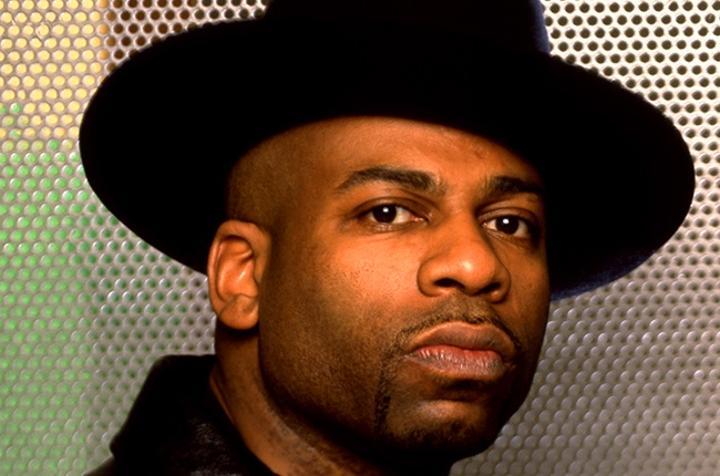Africa-Press – Ethiopia. Run-DMC member Jam Master Jay was slain in an ambush fuelled “by greed and revenge,” US prosecutors told jurors on Monday, as defence lawyers cast doubt on evidence in the trial over the alleged murder 20 years ago.
The trial, to be decided by an anonymous jury in Brooklyn federal court, is centred on the events of 30 October 2002, when pioneering rapper Jason “Jay” Mizell, widely known by his DJ moniker, was fatally shot in the head in his Queens studio.
He was 37 years old and a father of three.
The murder remained a cold case until prosecutors in 2020 announced a 10-count indictment against suspects Ronald Washington, now 59, and Karl Jordan Jr, the alleged shooter, who is now 40.
Both men appeared in court sharply dressed – Jordan in a blue vest over a white shirt with a striped tie, Washington in a black blazer – as the jury was sworn in and the prosecution opened.
Mizell, Jordan and Washington all hailed from Hollis, Queens, where the DJ kept a studio even as his fame soared with Run-DMC hits including It’s Tricky.
Run-DMC famously railed against drug culture, but according to prosecutors, Mizell got involved as a middleman dealer to support his lifestyle and those close to him as buzz around the group’s music began to fade.
Witnesses
Prosecutor Miranda Gonzalez told jurors that following a drug deal dispute, Jordan shot a 40-caliber bullet into Mizell’s head, “killing him instantly” in a “brazen murder”.
She said Washington, also armed, forced witnesses to the floor before fleeing with Jordan and an alleged accomplice who had let the men in through a back door.
She said:
Gonzalez added that many people, including Washington, relied on Mizell for money, prompting the artist’s lucrative side hustle in the drug trade.
But John Diaz, representing Jordan, emphasised in his statement how “the narrative has changed over time,” noting how witnesses refused to cooperate with authorities for months and even years.
Defence attorney Ezra Spilke told jurors the case was focused on “10 seconds, 21 years ago”.
He called the prosecution’s account of events “one version of many”, questioning the validity of memories dating back a generation.
He also emphasised the friendship between Washington and Mizell, as well as the financial situation discussed by the prosecution: “Why bite the hand that feeds you?” Spilke said.
“Mizell was a beloved artist, but convicting the wrong person… does not solve the tragedy,” he said. “It just adds another one to it.”
Jordan, who was 18 at the time of the alleged crime, and Washington face charges of murder while engaged in narcotics trafficking and firearms-related murder.
Prosecutors called James Lusk, a retired detective who was among the first on the scene, as their first witness in the trial, which is expected to last four weeks.
Hip hop pioneers
Along with LL Cool J and Public Enemy, Run-DMC were trailblazers of new-school hip hop – mixing rock elements, aggressive boasting and sociopolitical commentary – and its outgrowth, golden era hip hop, which included eclectic sampling.
The seminal group were the first rappers featured on MTV and established a new rap aesthetic incorporating street culture, a departure from the flashy, disco-inflected attire of their predecessors.
Their single My Adidas off their hit album Raising Hell led to an endorsement deal with the brand, kicking off today’s inextricable link between hip hop culture and sneakers.
And the Walk This Way remake off the same album was even more successful than the original 1970s hit.
Prior to his death, Mizell became influential in New York as a cultivator of local talent, working with young rappers and co-founding a DJ academy.
Jam Master Jay’s slaying followed a spate of murders within the rap community in the 1990s, including the shootings of superstars Tupac Shakur and The Notorious B.I.G.
The suspects on trial could have faced the death penalty but US Attorney General Merrick Garland directed against it.
For More News And Analysis About Ethiopia Follow Africa-Press






